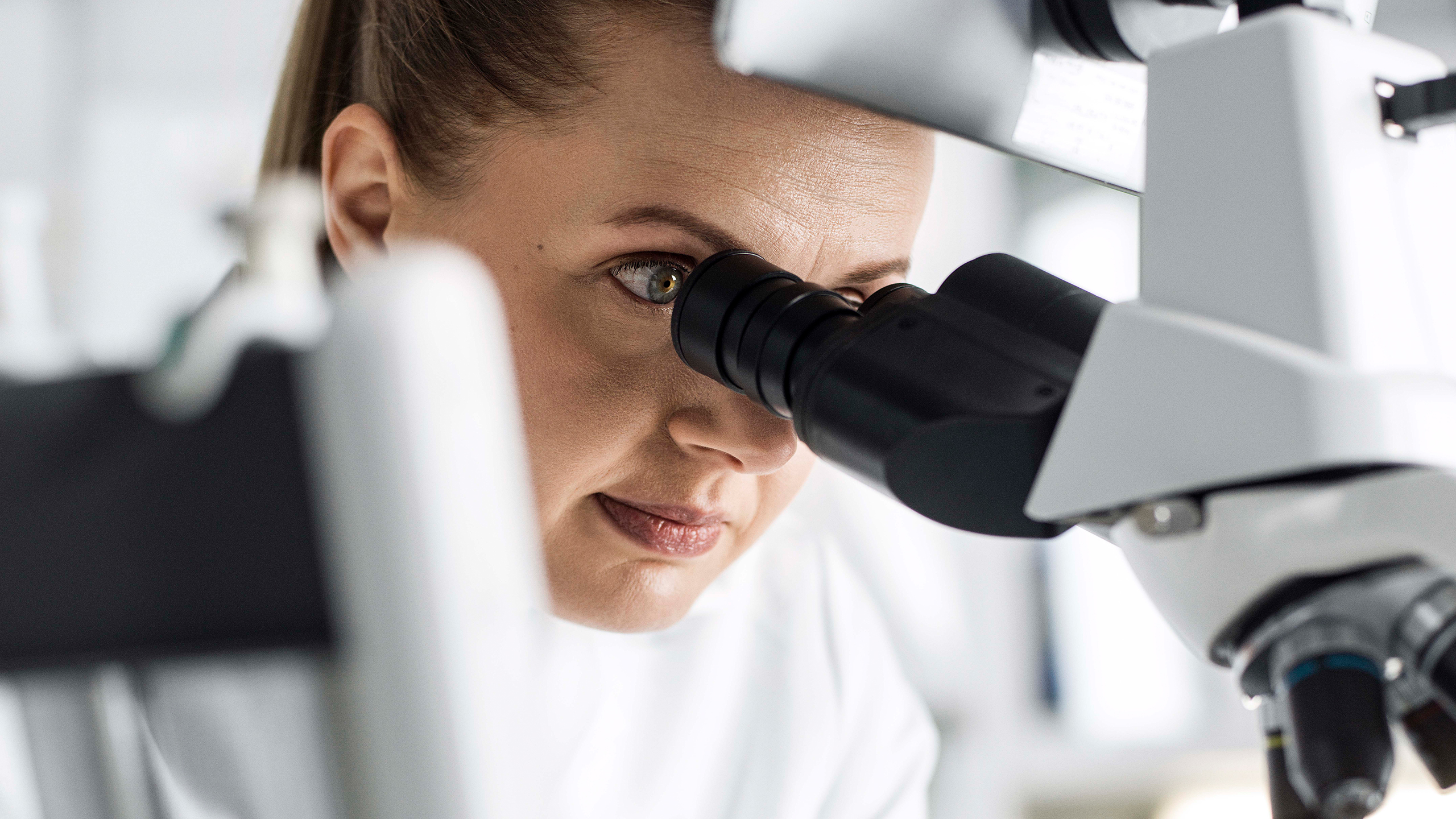Farm to table: cellular agriculture

Written by:
Dilek Ercili-Cura
Senior Specialist in Food Applications
Dilek Ercili-Cura, a Liberator of Protein Production and Senior Specialist in Food Applications at Solar Foods, talks about how cellular agriculture and Solein, our protein innovation made from it, can provide a new sustainable source of food that is free from the burdens of agriculture.
Have you heard of cellular agriculture yet? – It is a production method where agricultural products are manufactured utilising cell culturing techniques.
It is being called the fourth agricultural revolution. The first one taking place when humans started farming around 12,000 years ago, the second was the reorganisation of farmland after the Middle Ages, and the third (also known as the Green Revolution) was the introduction of chemical fertilisers and pesticides alongside heavy machinery and mass production from the 1950s onwards. The fourth industrial revolution refers to the massive change to food production stemming from new technologies, with cellular agriculture being at the centre of it along with AI, robots and gene editing.
Farm-to-table
“Cellular farming, or cellular agriculture, is essentially the cultivation of microbial cells under controlled conditions, for the industrial production of food instead of traditional farming practices,” says Dilek Ercili-Cura, Senior Specialist in Food Applications at Solar Foods.
According to Dilek, cellular agriculture can mean growing tissue cells in bioreactors and producing meat and seafood without animals; it can also mean harnessing cells to produce eggs without chickens, or milk without cows.
“It can mean farming and growing microorganisms – that is microbes, fungi or yeast – via traditional or gas fermentation processes and turning the biomass into high protein foods and on to our dinner plates. That is what we’re currently doing here at Solar Foods,” she explains.
Breaking away from unsustainable farming
But why is cellular agriculture needed then? – Dilek responds by saying that, first of all, industrial food production in its current state is not sustainable at its current rate. Humanity is facing great threats of climate change, loss of arable land and overall crop productivity, which could lead to a sudden collapse of the whole ecosystem we are a part of.
“Industrial food protein production which relies on animal husbandry or e.g. soy plantations is not only affected by environmental destruction, it is one of its main contributors. Cellular agriculture provides a solution by decoupling food production from mass-produced animals, plants and the methods of conventional agriculture,” Dilek says.
Cellular agriculture is sustainable food production that doesn’t compromise environmental stability: safe and nutritious food produced even under the most challenging environmental conditions.
“I see cellular agriculture as one of the major contributors to the solutions in keeping our planet blue and green – that also makes it possible to practice conventional agriculture for generations to come” she says.
Solein gets cooking
Solar Foods’ efforts in boosting cellular agriculture revolve around the company’s extraordinary innovation, Solein, which is a unique single-cell protein made with a fully natural fermentation process, utilizing air and electricity as its main raw materials. Solein is also very much at the centre of everything Dilek does, as she balances her typical workday between the bioprocess of Solein production and assessment of its potential as a food ingredient.
“My work aims to improve the quality of Solein as a food ingredient, both nutritionally and technologically. This means decoding Solein’s nutritional potential as well as its techno-functional characteristics” she says.
What advantages does Solein have, other than being a protein source, for the food industry? What micronutrients does it deliver? What is the physiological response in people who consume it? – These are questions that Dilek gets and poses to herself in her daily work.
“We of course make it a priority to ensure that Solein is safe to consume and follows the instructions of regulatory authorities for its approval as a novel food source.”
This means a regular stream of very thorough safety assessments, but Dilek doesn’t mind. “Most of those assessments require that I learn new things every day and I love being out of my comfort zone.”
How big is your picture?
Dilek is a food engineer who had worked in R&D, focusing on proteins and their structure-forming properties in food, for already 15 years before starting at Solar Foods. Dilek says that for her, the biggest source of motivation is the big picture: what Solein offers in terms of securing a nutritious food supply for future generations and how it will achieve this without compromising environmental stability.
“Overall, working with a food concept that literally is produced from thin air, is a massive driver in itself,” she smiles.
In her mind, the best thing about Solein is that it is a one-of-a-kind concept within the cellular agriculture field that truly is decoupled from agriculture.
“With Solein production, you don’t need, for example, sugar at all and you are not dependent on arable land, climate or the weather. Any of the things we associate with growing food from soil. You can continue producing food anywhere, anytime, as long as you have renewable energy. This fascinates me the most,” she says.
“This feels exciting and it just feels right. In my opinion, Solein has the great potential to be a turning point for humanity.”
In our video series, we introduce members of Solar Foods’ core team and explain how Solein®, the protein made out of thin air, can break us free from the environmental burdens of agriculture.
Watch the full video series »

